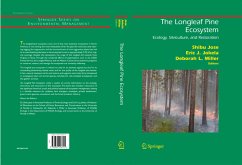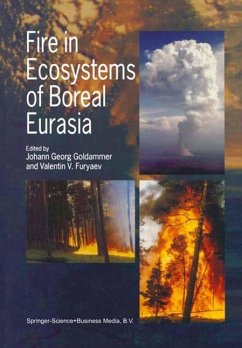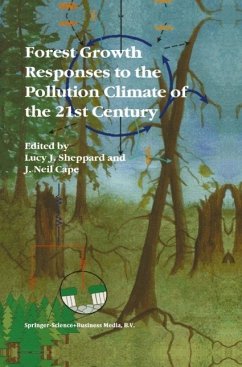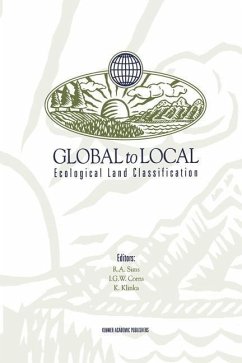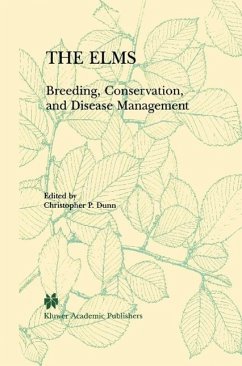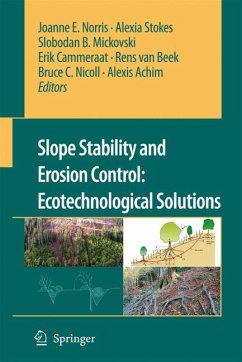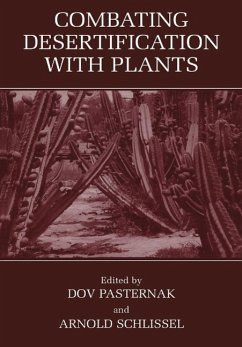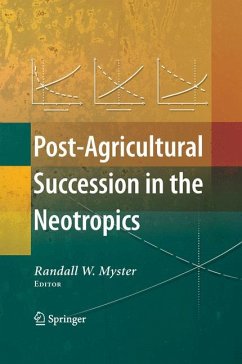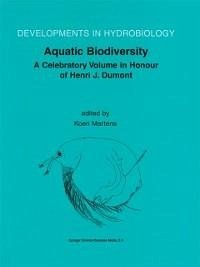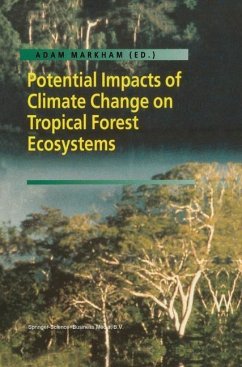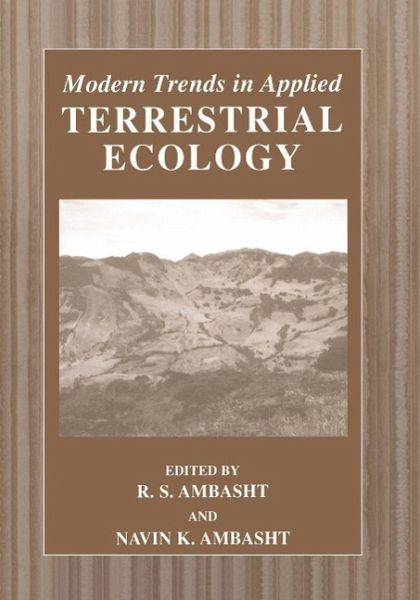
Modern Trends in Applied Terrestrial Ecology (eBook, PDF)
Versandkostenfrei!
Sofort per Download lieferbar
112,95 €
inkl. MwSt.
Weitere Ausgaben:

PAYBACK Punkte
56 °P sammeln!
Ecology and economics have Greek roots in oikos for "household", logos for "study", and nomics for "management". Thus, ecology and economics should have complemented one another for a proper growth and development without destruction, but, unfortunately, rapid industrialization, lure for fast financial gains, and commercialization activities have led to a widespread surge in pollution load, environmental degradation, habitat destruction, rapid loss ofbiodiversity, sudden rise in rate ofextinction ofmany wildlife and wild relatives of domesticated animals and cultivated cereals and other plants...
Ecology and economics have Greek roots in oikos for "household", logos for "study", and nomics for "management". Thus, ecology and economics should have complemented one another for a proper growth and development without destruction, but, unfortunately, rapid industrialization, lure for fast financial gains, and commercialization activities have led to a widespread surge in pollution load, environmental degradation, habitat destruction, rapid loss ofbiodiversity, sudden rise in rate ofextinction ofmany wildlife and wild relatives of domesticated animals and cultivated cereals and other plants, global climate changes creating global rise in temperature, and CO levels and increased ultraviolet B at ground 2 level. Although these threats to human health have led us to look to ecology for their solutions and guidance for sustainable development without destruction, the industrial and technology houses are looking for alternative methods of development and resource use methods. The two global conferences of the United Nations in 1972 and 1992, and international programs of Man and the Biosphere (MAB), International Biological Program (IBP), International Geosphere, Biosphere program (lGBP), and World Conser vation Union (IUCN), of different commissions, United Nations Environmental Program (UNEP) efforts, Ramsar Conventions (for wetlands), and World Wide fund for Nature (WWF) (for nature in general and wildlife in particular) have focused attention of ecologists, naturalists, governments and Non-governmental organizations (NGOs) toward better conservation.
Dieser Download kann aus rechtlichen Gründen nur mit Rechnungsadresse in A, B, BG, CY, CZ, D, DK, EW, E, FIN, F, GR, HR, H, IRL, I, LT, L, LR, M, NL, PL, P, R, S, SLO, SK ausgeliefert werden.



